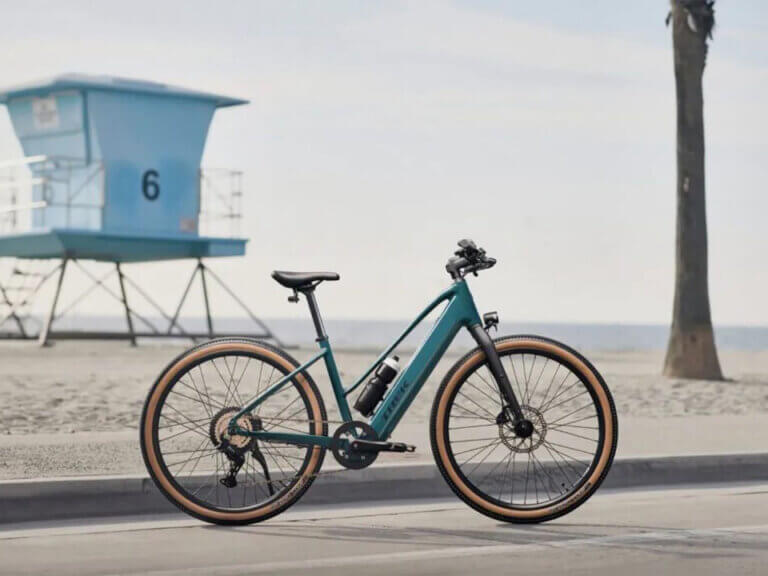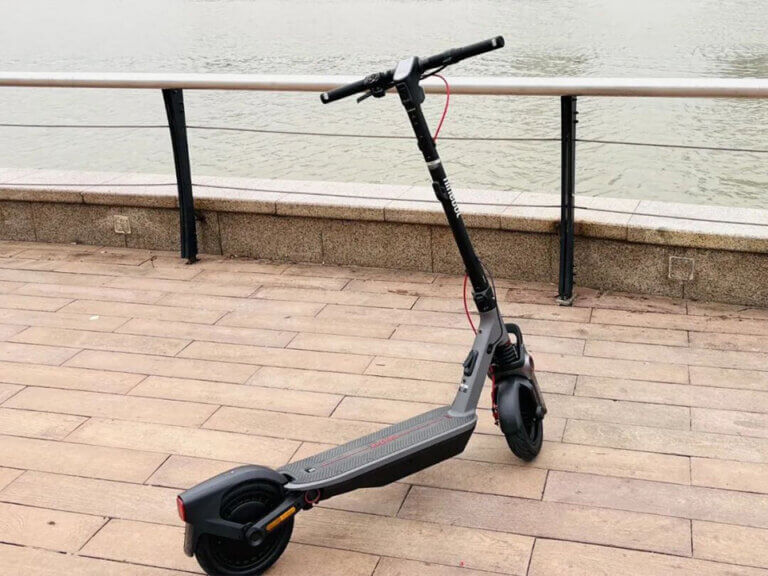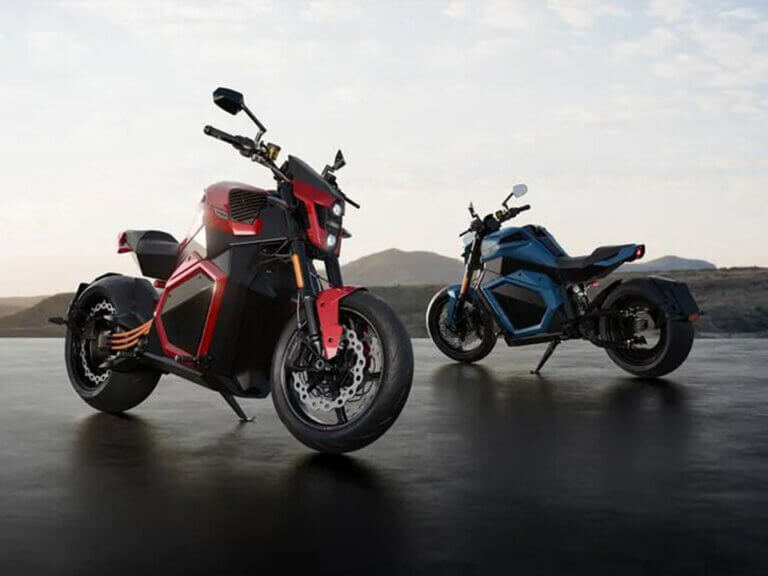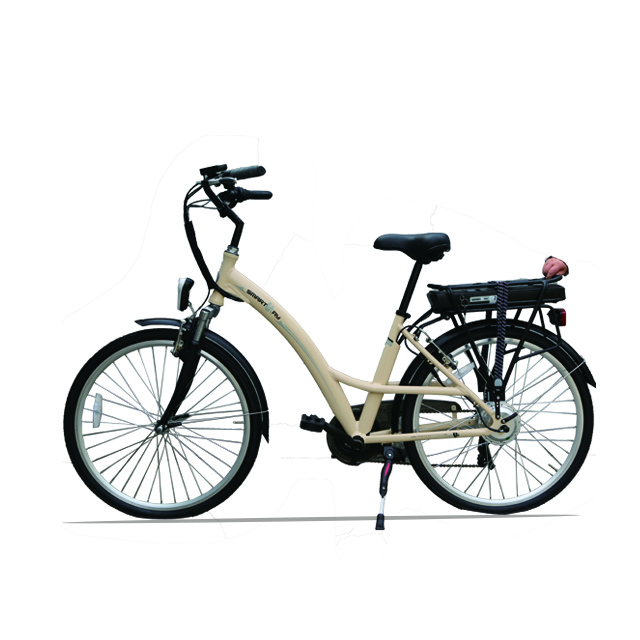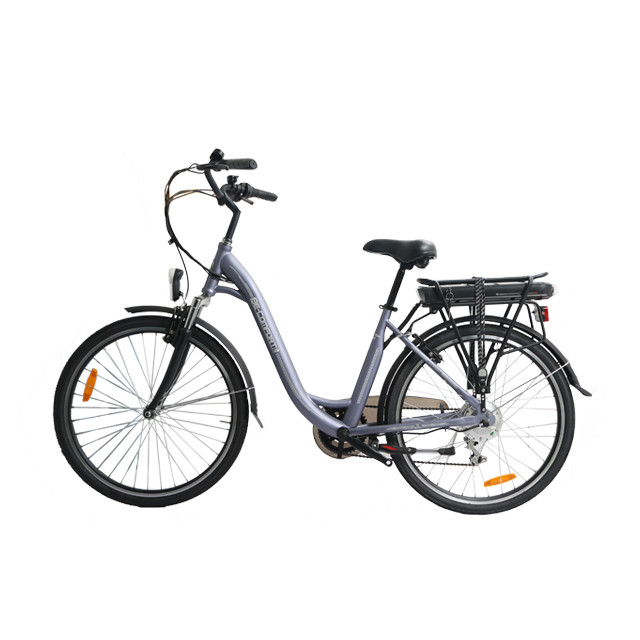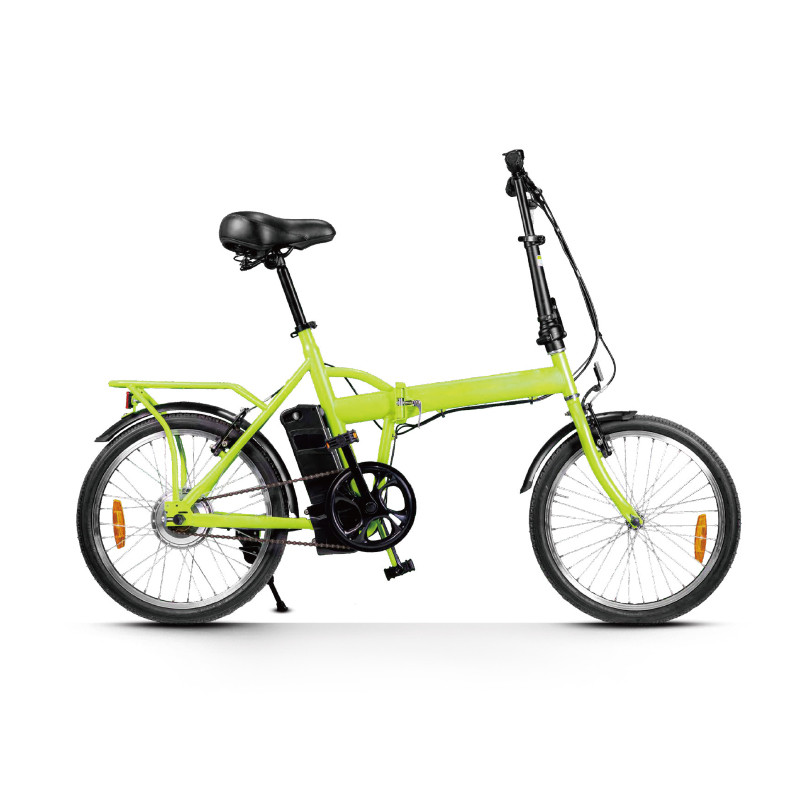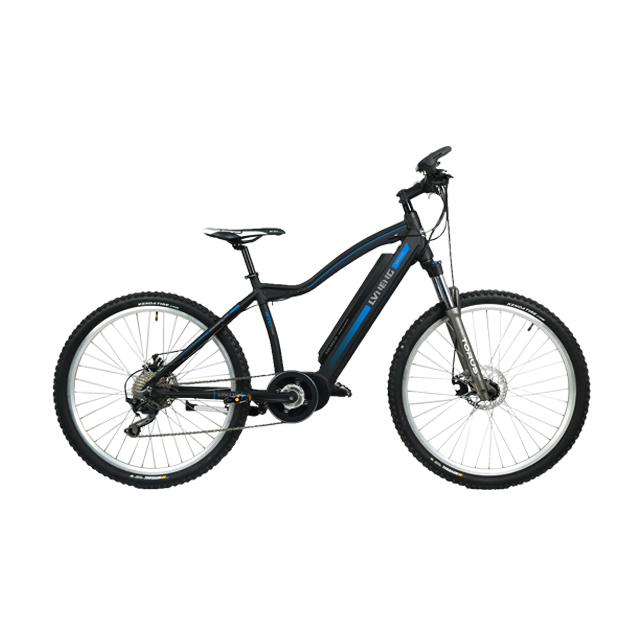-
414 Block B, ZT Times Plaza, Wuhan, Hubei, China
Blog
Certifications Every Importer Must Check (UL, CE, FCC)
Summary
Certifications for imported products, specifically UL, CE, and FCC certifications, are essential in ensuring compliance with safety, performance, and regulatory standards across global markets. These certifications provide critical assurances to consumers and regulatory bodies that products are safe, environmentally friendly, and capable of performing as intended. As international trade expands, the importance of these certifications becomes increasingly notable, as they facilitate market access and consumer trust while also protecting public safety and the integrity of the marketplace.
UL (Underwriters Laboratories) certification, primarily recognized in North America, focuses on product safety and performance, offering manufacturers a competitive edge by demonstrating their commitment to consumer protection. CE marking, which signifies conformity with European Union regulations, enables free movement of goods within the European Economic Area (EEA) and ensures compliance with essential health and safety directives. Conversely, FCC (Federal Communications Commission) certification is mandatory for electronic devices in the United States, addressing radio frequency emissions to prevent harmful interference with essential communications systems.
Importers must navigate the complexities of these certifications to avoid significant repercussions, including financial penalties, market access delays, and damage to their reputation. Non-compliance with required certifications can result in confiscation of products, costly redesigns, and legal liabilities that extend beyond the importer to other parties involved in the transaction. Consequently, understanding and adhering to certification requirements is crucial for importers aiming to maintain compliance and protect their market presence in an increasingly interconnected global economy.
Overview
Certifications play a crucial role in ensuring that products meet necessary safety, performance, and quality standards required for various markets and industries. Importers and manufacturers must navigate a complex landscape of technical regulations, certifications, and compliance requirements to effectively market their products internationally.
CE Marking
CE marking, which stands for “Conformité Européenne,” is a certification that signifies a product’s compliance with EU regulations and standards, enabling it to be marketed within the European Economic Area (EEA). The CE mark indicates that the product meets essential health, safety, and environmental protection requirements, allowing for free movement of goods within member states without barriers to trade.
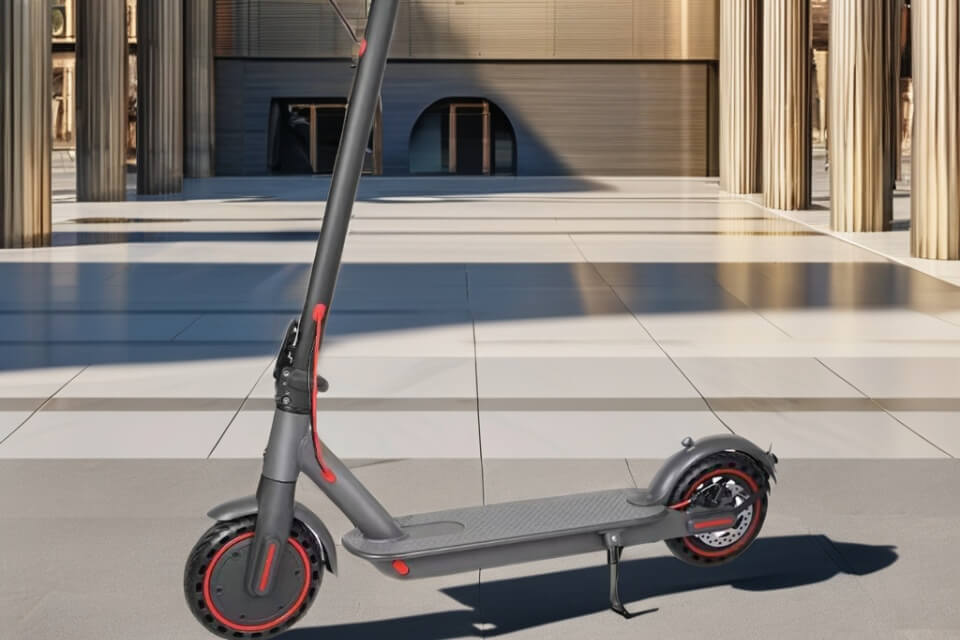
Comparison of Certifications
Overview of Key Certifications
When importing electronic products, several critical certifications ensure compliance with safety, performance, and environmental standards. The most prominent certifications include Underwriters Laboratories (UL), CE Marking, and Federal Communications Commission (FCC) certification. Each serves a specific purpose and caters to different regulatory requirements across various markets.
UL Certification
UL certification is widely recognized in North America and focuses on product safety standards. Products bearing the UL mark have been tested for safety and are deemed to meet stringent requirements, which significantly reduces risks associated with fire, electric shock, and other hazards. UL certification is particularly important for manufacturers seeking to establish credibility and trust with consumers in the U.S. market.
CE Marking
CE marking is essential for products sold within the European Economic Area (EEA). It indicates that the product meets EU safety, health, and environmental protection standards. The CE mark is not a quality mark but rather a declaration by the manufacturer that the product complies with all relevant EU directives and regulations, which can include safety, electromagnetic compatibility (EMC), and environmental regulations like RoHS. Products must undergo rigorous testing and documentation processes to obtain CE marking, ensuring their readiness for the competitive EU market.
FCC Certification
The FCC certification is mandatory for electronic devices sold in the United States. It ensures that the electromagnetic interference from the device does not disrupt other electronic equipment. This certification process evaluates products for compliance with the FCC’s technical standards, particularly regarding radio frequency emissions. Devices must be tested in accredited laboratories, and the appropriate documentation must be maintained to demonstrate compliance.
Comparison Summary
While UL, CE, and FCC certifications serve different geographical and regulatory purposes, they share the common goal of ensuring product safety and compliance. UL focuses on safety standards in North America, CE marking indicates conformity with EU regulations, and FCC certification addresses electromagnetic interference concerns in the U.S. market. Importers should navigate these certifications carefully to ensure their products meet the necessary standards for successful market entry and to safeguard their reputation and customer trust.
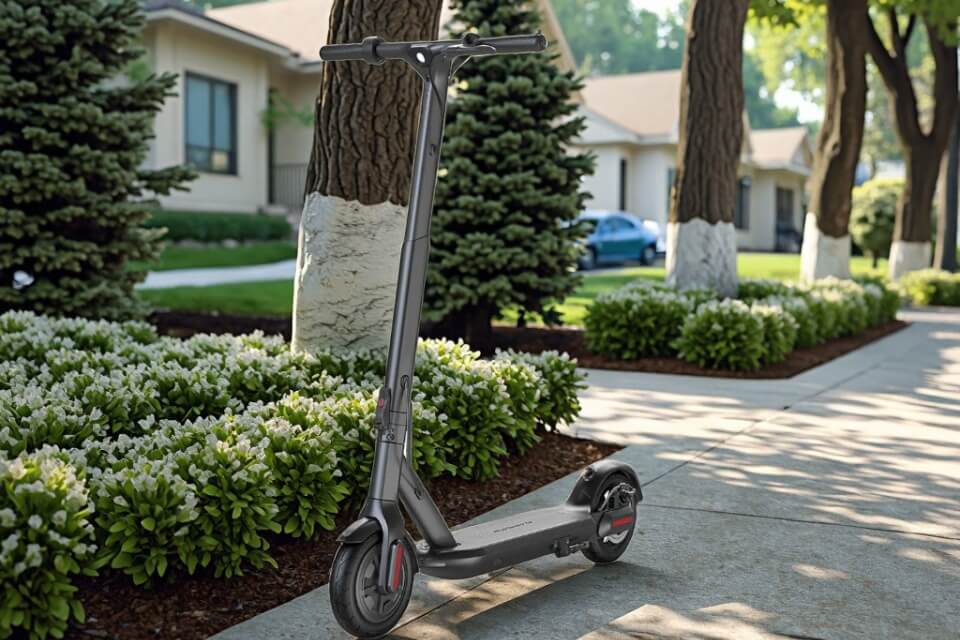
Compliance Responsibilities for Importers
Importers play a critical role in ensuring that products entering a market comply with local technical regulations and safety standards.
Verification of Compliance
Importers must verify that the products they bring into a country conform to the applicable regulations. This verification process involves ensuring that products possess the necessary certifications and documentation to validate compliance.
Check Manufacturer Compliance: Confirm that the manufacturer has completed the required conformity assessment procedures and has affixed the appropriate marks (such as CE marking) on the product.
Review Documentation: Ensure that products are accompanied by the EU Declaration of Conformity (DoC) and maintain a copy of this document for a minimum of ten years.
Ensure Traceability: Include their name and address on the product or packaging to allow regulatory authorities to identify them easily.
Regulatory Responsibility
Importers can be held accountable for non-compliance if they fail to properly verify the conformity of the products they distribute. This accountability includes potential penalties and the risk of product recalls. They are expected to maintain due diligence by regularly reviewing compliance-related documentation and processes, particularly during inspections and audits conducted by regulatory authorities.
Collaboration with Notified Bodies
In certain cases, importers may need to collaborate with Notified Bodies for assessment and testing of products. This is particularly important when products fall under regulatory modules that require third-party involvement to validate compliance. Importers must also compile and maintain technical documentation, which includes details such as product descriptions, design drawings, risk assessments, and test reports.
Continuous Monitoring and Post-Market Surveillance
Once products are on the market, importers are responsible for ongoing monitoring and post-market surveillance to ensure continued compliance and address any emerging safety issues promptly. This proactive approach helps maintain product integrity and consumer safety while protecting the importer from potential legal repercussions.
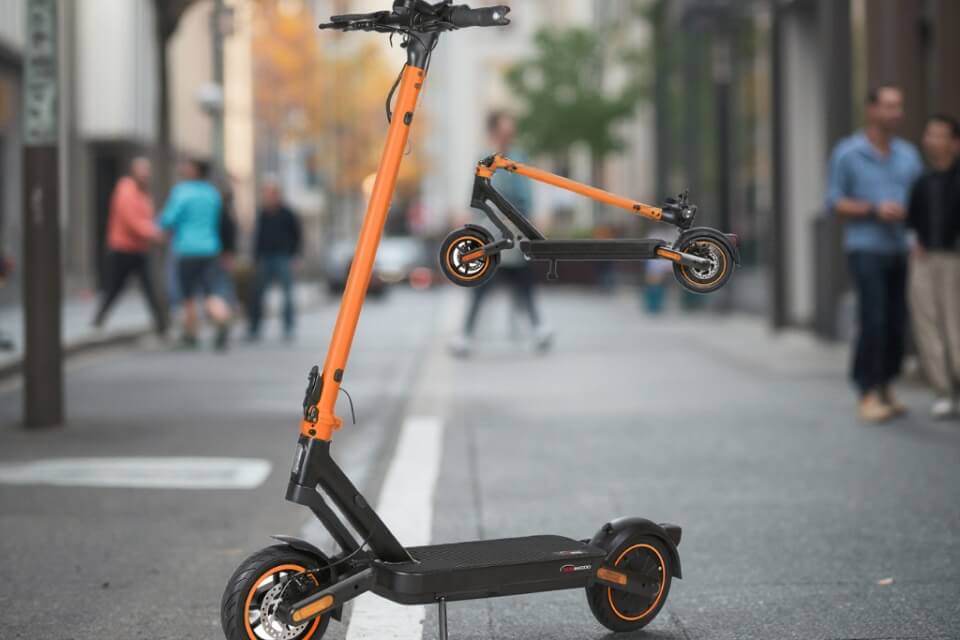
Consequences of Non-Compliance
Non-compliance with necessary certifications and regulations can have severe repercussions for importers and manufacturers. These consequences can range from immediate financial penalties to long-term impacts on market access and brand reputation.
Financial Penalties
One of the most immediate outcomes of non-compliance is the imposition of substantial fines and monetary penalties. These fines can exceed $150,000 per violation. Non-adherence to import and export regulations can also trigger civil and criminal legal actions, which can result in fines or even imprisonment for individuals involved. The penalties vary based on the nature and frequency of the violations, with the Customs and Border Protection (CBP) agency assessing penalties based on the level of culpability—negligence, gross negligence, or fraud—which directly affects the amount assessed against the importer.
Market Access and Product Launch Delays
Failure to comply with certification requirements, such as CE marking for products intended for the European market, can lead to significant market access issues. Products lacking proper certification cannot be launched on time, resulting in missed sales opportunities and potential damage to competitive positioning. In some cases, non-compliance may necessitate costly redesigns or even product recalls, further harming a company’s financial standing and market reputation.
Customs Seizures and Forfeitures
Another critical consequence of non-compliance is the potential for customs authorities to seize goods that have been imported or exported in violation of regulations. Seized goods are often not returned to the owner and can be sold at auction or destroyed, leading to a direct financial loss. Moreover, if a company is flagged by customs due to repeated compliance failures, it may face more frequent inspections and delays in future shipments, further complicating operations and supply chain management.
Legal Liability
The liability for non-compliance is not limited to the importer of record; other parties involved in the transaction can also be held accountable. This expands the risk landscape for companies involved in international trade, making it essential for all participants to understand their compliance obligations to avoid legal repercussions.
Reputation Damage
In the long run, the consequences of non-compliance can severely damage a company’s reputation. Legal troubles, financial losses, and disruptions in product availability can lead to diminished consumer trust and strained relationships with partners and customers. For companies operating in highly competitive markets, maintaining compliance is not just a regulatory necessity but a critical component of sustaining their market position.




